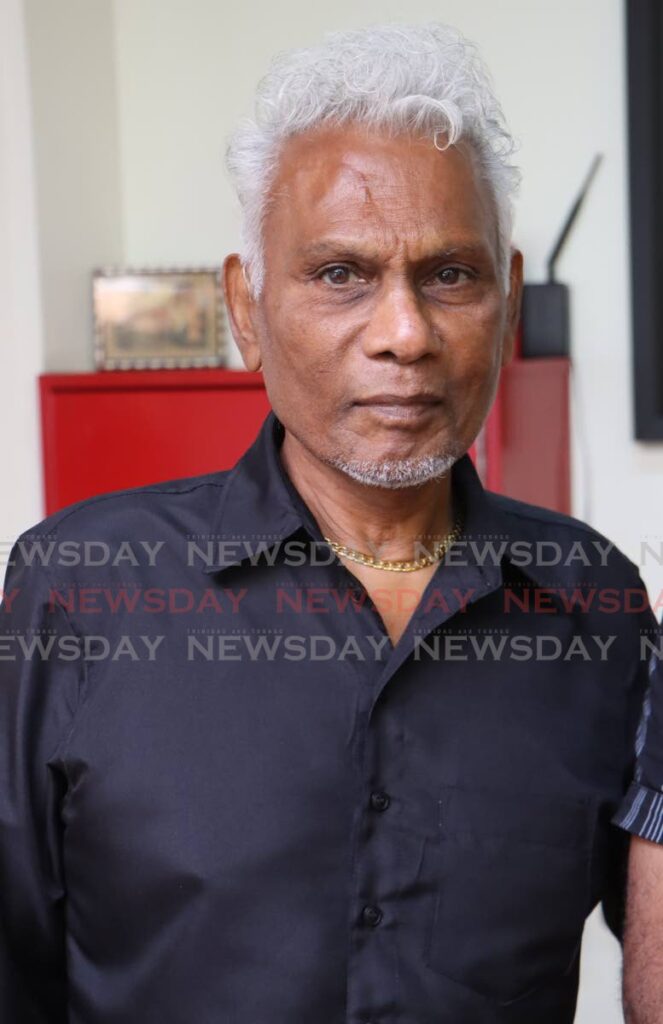The recent appointment of Justice of Appeal Ronnie Boodoosingh as Chief Justice of Trinidad and Tobago has sparked significant political controversy. Acting President Wade Mark’s decision to appoint Boodoosingh has been criticized by government detractors, who argue that the process lacked proper constitutional consultation. While there is no dispute over Boodoosingh’s qualifications, the opposition claims that the swift nature of the appointment violated constitutional norms. The controversy stems from the sudden retirement of former Chief Justice Ivor Archie on October 22, 2025, which necessitated an immediate replacement. Mark, acting under Section 102 of the Constitution, consulted with Prime Minister Kamla Persad-Bissessar and Opposition Leader Pennelope Beckles. While the Prime Minister expressed no preference, Beckles argued that insufficient time was provided for meaningful consultation. Despite these objections, Mark proceeded with Boodoosingh’s swearing-in. Critics argue that the process undermines the constitutional mandate of the political directorate and the Cabinet. However, supporters of the appointment emphasize that the President retains the sole constitutional prerogative to appoint the Chief Justice, in line with the principle of the separation of powers. The debate raises broader questions about the balance of power and the role of consultation in judicial appointments. Legal experts suggest that any challenge to the legitimacy of the consultation process should be addressed through the courts. Israel B Rajah-Khan SC, president of the Criminal Bar Association, has highlighted the need for transparency and fairness in such appointments to uphold public trust in the judiciary.
